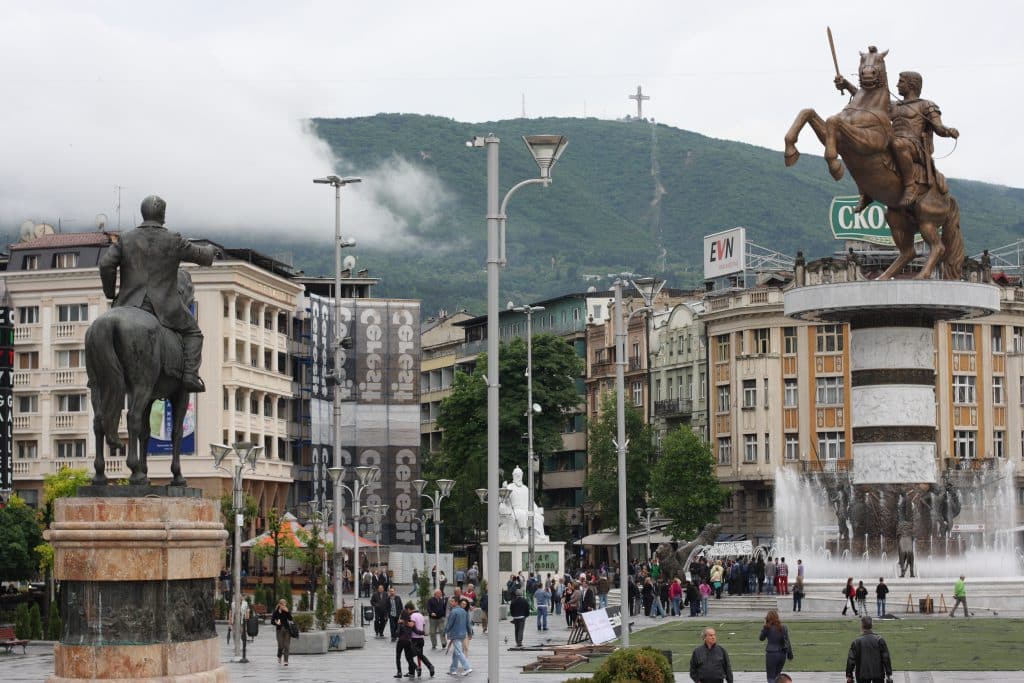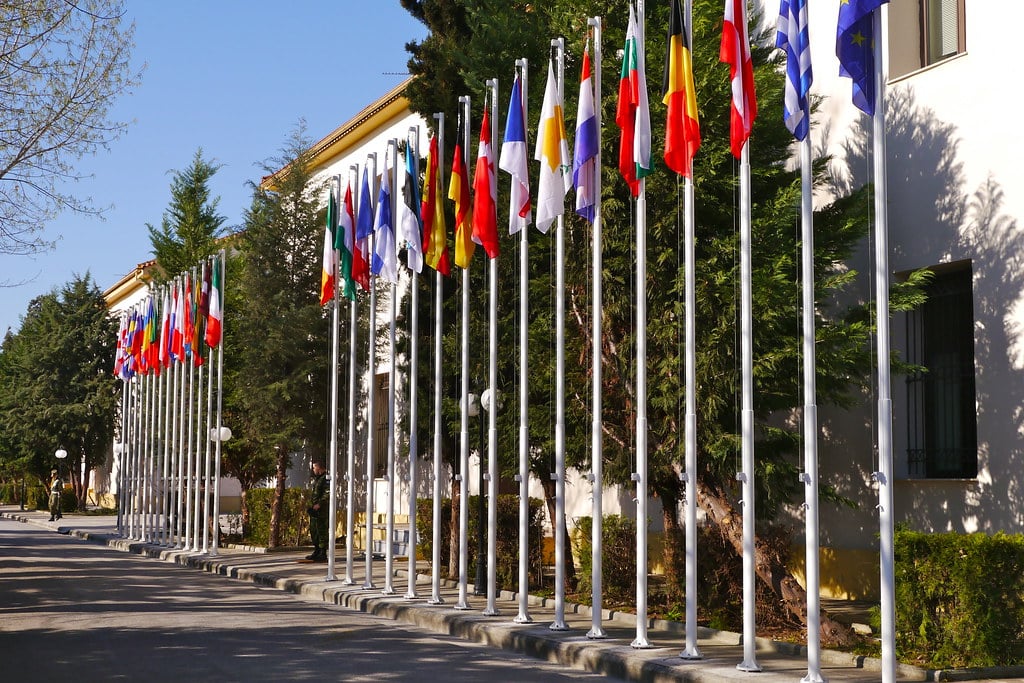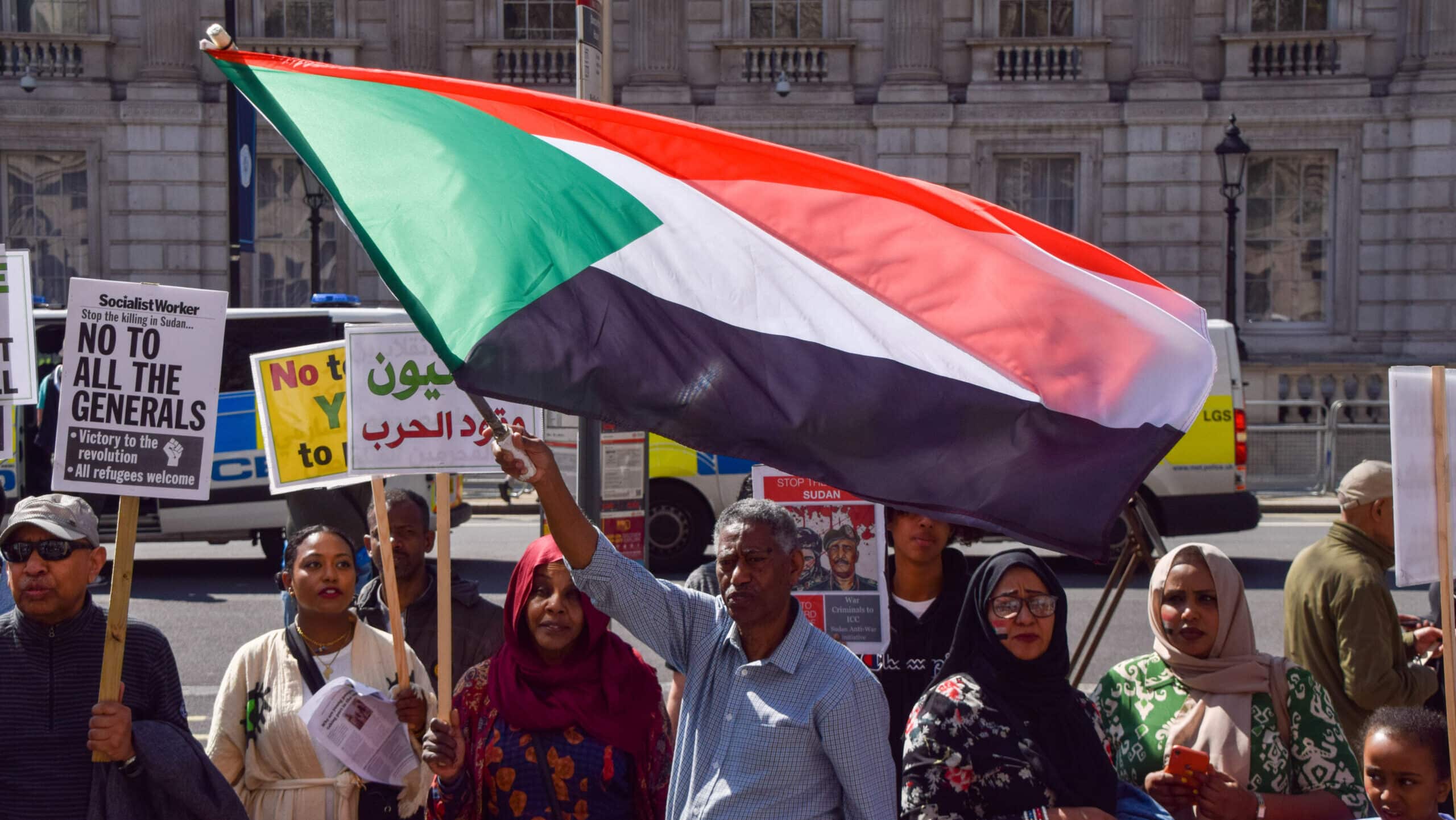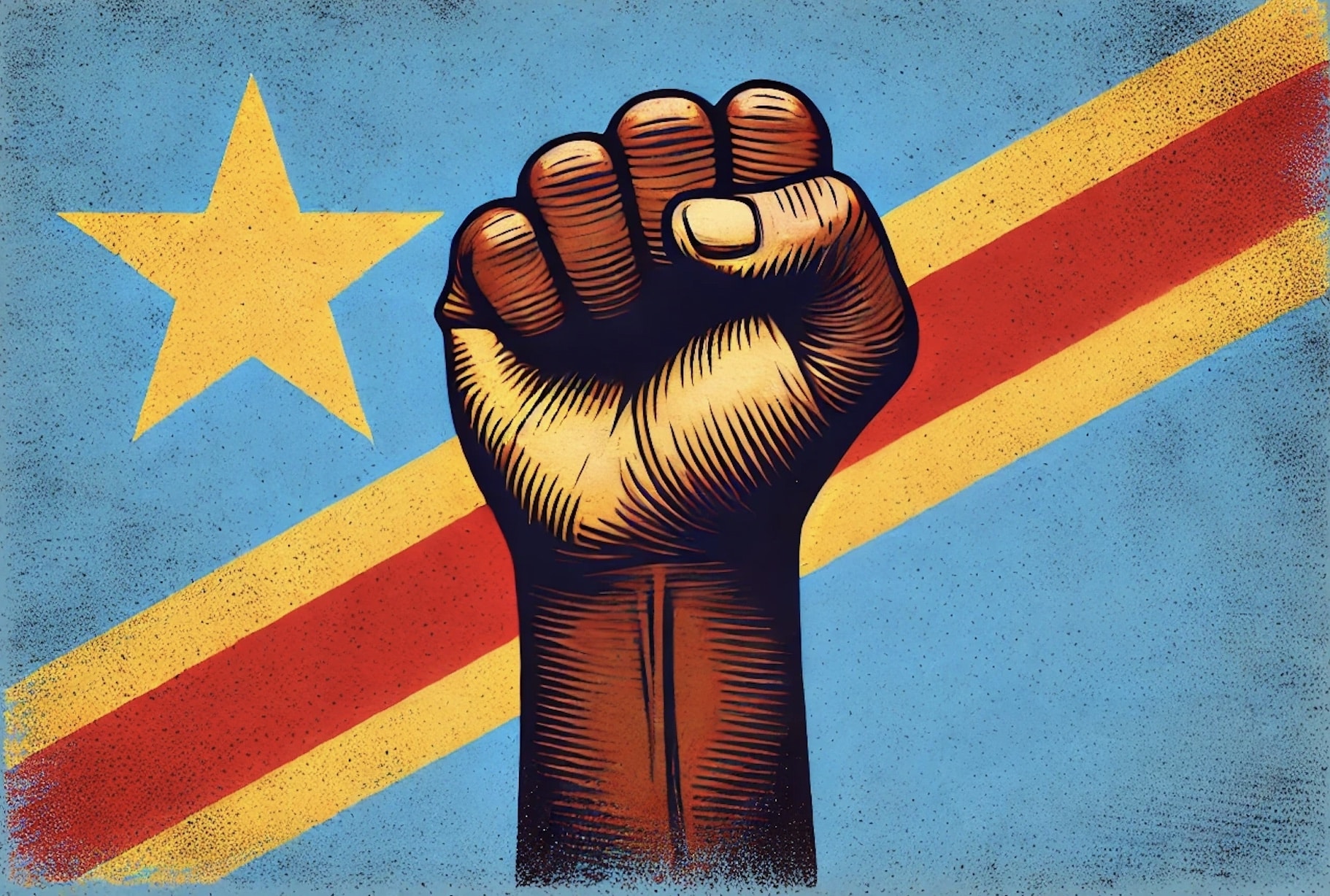On the 6th of March Foundation Max van der Stoel joined a roundtable discussion at the FES EU Office in Brussels: North Macedonia and Greece after the Prespa Agreement. This Agreement settled the name dispute between Greece and (now) North Macedonia and paved the way for Euro-Atlantic integration. The discussion covered both the lessons that could be learned from this process as well as expectations for the relations between North Macedonia and Greece after signing the Agreement.
What’s next?
The first round of discussion covered the fragility of the Agreement and the consequences for citizens of both countries. Two reasons came up that cause and add to the fragile status of the Agreement. First of all, the sacrifice of society was mentioned and the linked desperation and hope for a better life. The pitfall is that opposition parties and nationalist movements will take advantage if the EU doesn’t offer clear perspective. Secondly, if the opposition becomes the new government in the future it will not feel “ownership” with the Agreement, which underlines that the EU should continue to play a leading role in channelling the Agreement.
The opposition against the Prespa Agreement is substantial, with around 70 percent of Greeks being against it. It is crucial to explain future benefits of the agreement to the citizens, for example, how it implements a framework of strategic partnership that allows all societies to interact. The future of the agreement depends on several factors. First of all, the change of EU parliament after the elections in May will decide for a great part what the path of the Agreement will be. Moreover, as it seems now, the centre-right New Democracy (ND) party in Greece holds a lead ahead of the elections. The future of the Agreement depends on the role of the ND in finding a balance of power between the moderates and the nationalists. Brussels needs to support the Agreement and take away fear from the Greek people that are sceptic about the deal. The Agreement is not the end of the process for the EU, it is the beginning of reforms to establish rule of law and to fight corruption.
The question rose how to be optimistic after the public opinion polls towards the Prespa Agreement proved to be highly negative in both countries. “Sentimental backlash” should be avoided, by introducing sustainable reforms in both Greece and North Macedonia. Dialogue between the governments and the citizens about future benefits of the agreement is therefore key to gain public support. In June 2019 the readiness of North Macedonia to open accession negotiations with the EU will be discussed. Until then, North Macedonia has time to work on its political system in order to consolidate EU ties.
Fundamental rights
With the progressive government in power in North Macedonia opportunities are there to enhance the position of minorities and protect fundamental rights which is one of the key issues in the EU integration process of the country. Visit of the intra-parliamentary comission for LGBTI Rights from the North Macedonian parliament to the Netherlands is an example of progress made. On Friday 15 March Foundation Max van der Stoel participated in a part of the visit: a conference at the COC in Amsterdam about “The Parliament and the local self-governments moving forward with LGBT rights”.
The event welcomed parliamentarians from North Macedonian, Marije Cornelissen (former member of the European Parliament Intergroup on LGBT Rights), Astrid Oosenbrug (PvdA – Social Democratic Party), Jeroen van Wijngaarden (VVD – Liberal Party) and Martin de Jong (Police Amsterdam). The goal of the meeting was to discuss future governmental practices in North Macedonia by looking at Dutch policies and the efforts and initiatives of civil society organizations in working together with the government to raise awareness on LGBTI rights. One example of an existing Dutch platform is the so called “Pink in Blue” initiative, where different police-units across the country serve as a contact points for all LGBTI people. The initiative tries to emphasize trust among the public, in a way to lower the threshold to declaration of any unfair situation.
During the discussion, it became clear that an open LGBTI climate is missing, including the fact that the public is not subjected to examples and practices from the top-down. On this issues challenges are big in the country but the progressive government has already set important steps in getting the issue on the agenda.
By Rozemarijn van Grieken





